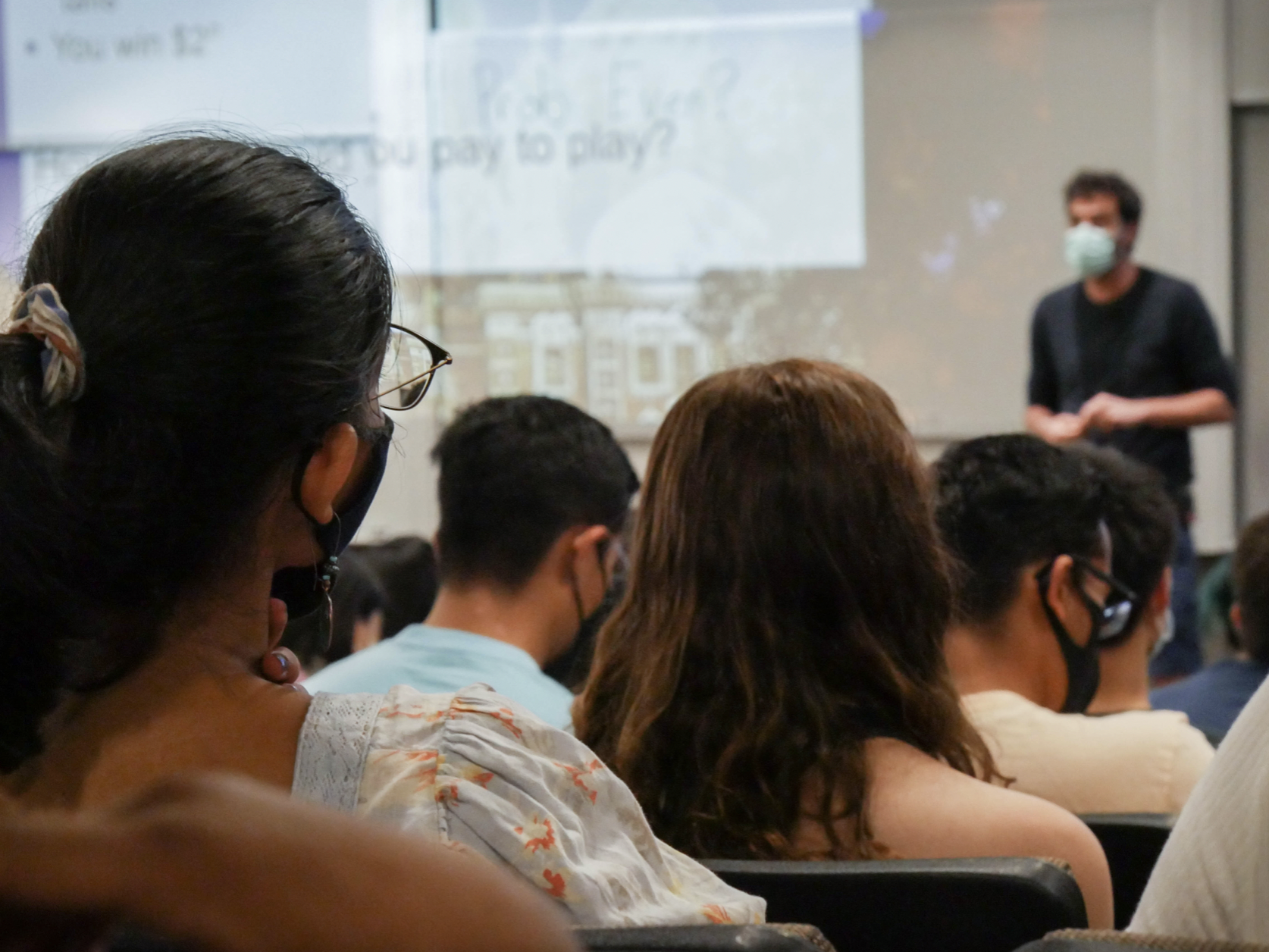Students criticized new COVID-19 guidelines, which instruct COVID-positive students to isolate in place, leaving roommates and apartment mates to make their own arrangements or remain with their sick housemates.
While the guidelines mark a departure from the University’s two-year-long policy of remote isolation, students with critical health conditions may be eligible for temporary housing if their medical care team has instructed them to not share a living space with someone who tests positive.
Even students without critical health conditions are “free to request temporary housing,” according to University spokesperson Pat Lopes Harris. According to Harris, these requests will be reviewed on a case-by-case basis, which will involve checking in with all students involved, assessing their needs and responding individually.
Ishaan Singh ’24 wrote that he’s “most concerned” that roommates are not automatically provided with temporary housing, as this “leaves them scrambling to find their own housing” if they do not want to live with a COVID-positive roommate. The University advised students to take precautions like wearing face coverings, washing hands often and opening windows.
Johanna Flodin ’25 shared Singh’s concern for students and wrote that it was “unfair to force the non-sick roommate(s) to find accommodation.”
“It would be better to give the sick person an option to either isolate in their room or get Stanford to give them housing,” Flodin wrote. “That way it doesn’t make the non-sick person forced to change their habits and allows for a conversation to be had.”
“I don’t believe [the new policy] is a solution at all,” Lizbeth Hernandez ’25 wrote. “The risk of roommates contracting COVID will be even higher if they’re forced to stay in the same room.”
She wrote that she thinks “this [policy] will greatly affect low-income students” who cannot afford other accommodations.
Alexander Worley ’25 echoed this concern, writing that “wealthier students can rent a hotel or otherwise make arrangements to avoid staying with their Covid-positive roommate. But low-income students who cannot afford this are forced to stay with their roommate and likely catch COVID.”
Living with someone that has COVID-19 gives you approximately a 50% chance of catching COVID-19, according to UC San Francisco Department of Medicine chair Bob Wachter.
Worley wrote that the policy was a “big screw you” to students. He questioned why the University was able to provide isolation housing last year, to what he wrote was likely a much larger number of students than will catch the virus this year.
Harris wrote that the university prefers to keep the “limited number of spaces set aside for temporary housing” available as much as possible, to respond to “those whose needs are most acute.” Harris did not comment on why spaces were limited.
“We have found over the past two years that students often wish to make their own arrangements, such as temporarily living with campus friends or nearby family. We know these options are not universally available, and we’re here to provide support as needed,” Harris wrote.
Singh wrote that he was nervous that the lack of temporary housing could lead to further spread of the virus. “If I was a roommate in this situation, I would try to find a friend to stay with, but since I would have presumably been exposed by my roommate, I could be spreading COVID even more.”
The potential of a new variant appearing was especially concerning, Singh wrote. “If another variant comes through, the current policy as it stands could lead to unnecessary pandemonium, as you could have situations where many people get COVID from one original positive person,” he wrote.
